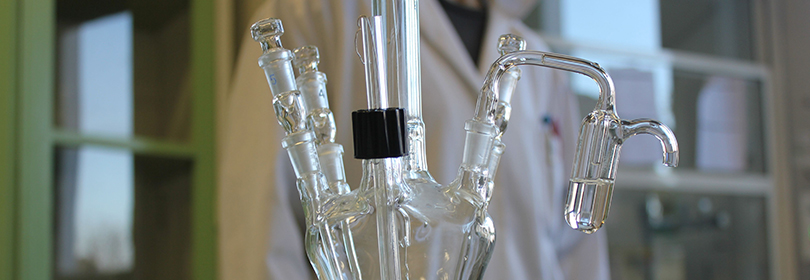Maria Forsyth, directrice de l'Institute for Frontier Materials, université de Deakin (Australie), donnera un séminaire intitulé Ionic liquid electrolytes and their composites for next generation batteries le 11 octobre à 16h15 en salle 146
Abstract
With accelerating growth in demand for longer lasting, more durable and safer rechargeable energy storage technologies, it has become clear that we must find solutions to deliver these features while also using higher energy-density electrodes. As an anode material, graphite is limited in achieving high capacities due to its relatively low specific capacity of 372mAh/g. Li metal presents as an attractive alternative due to a ten-fold increase in specific capacity (3862mAh/g), while Na metal is nearly four times greater at 1166mAh/g. Electrolytes currently used for Li-ion and Na-ion devices are not compatible with these high energy-density anodes. Instead we show that by using an ultra-high concentration of lithium or sodium salt in an ionic liquid or an organic ionic plastic crystal (OIPC), we can facilitate stable cycling of Li metal and Na metal anodes, often at high rates and current densities. These electrolytes indicate a decoupling of the alkali metal ion dynamics from the bulk with tLi+ or tNa+ transport numbers approaching and potentially exceeding 0.5. Composites prepared by combining these ionic liquids or OIPC electrolytes with a polymer support lead to highly conductive solid electrolytes with improved mechanical properties, that also enable stable Li metal cycling and offer exciting opportunities for all solid state lithium batteries.
